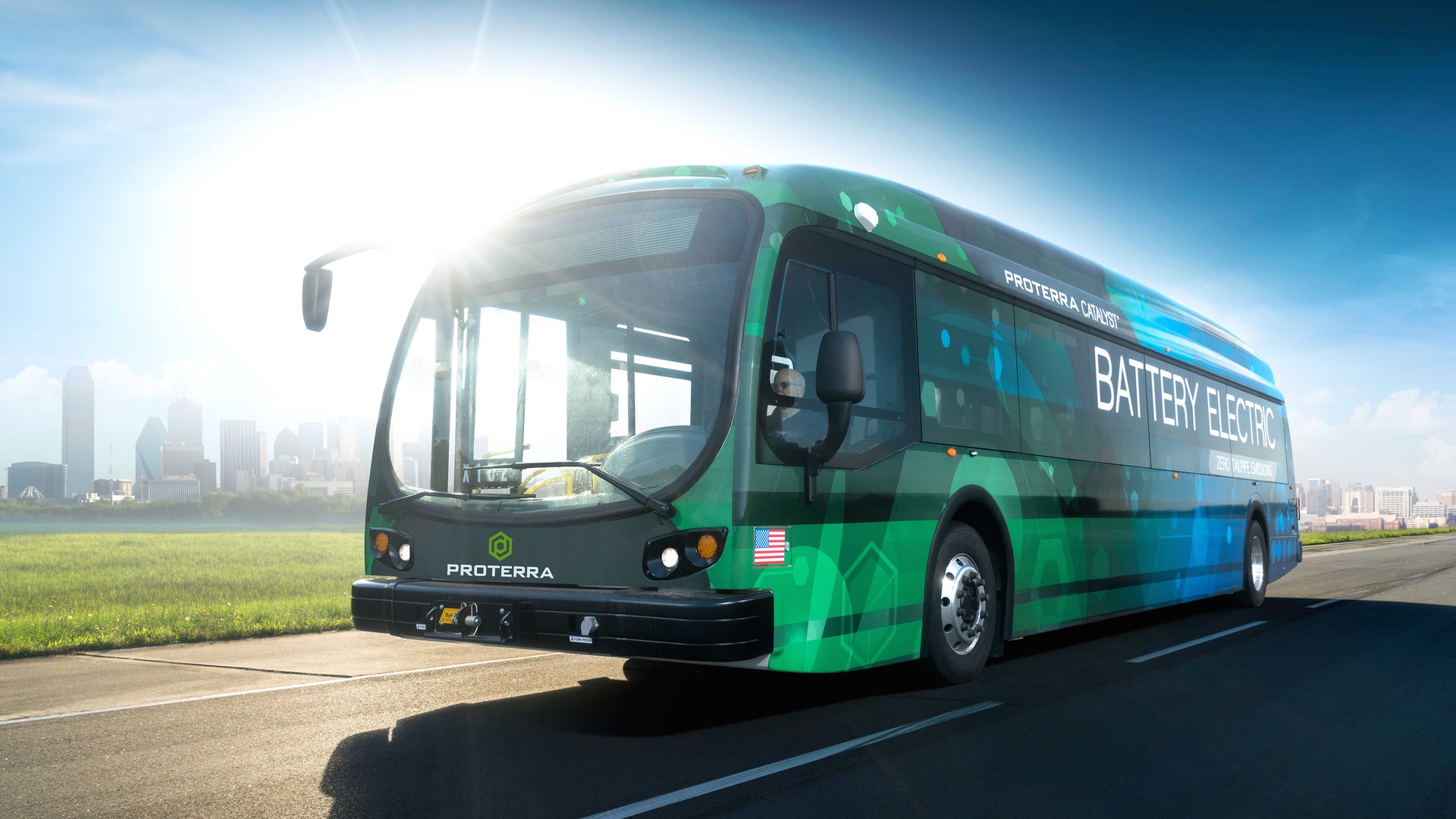

You’ve heard of self-driving cars, but what about self-driving buses? Proterra, a maker of electric buses, is taking the first step toward making these people movers autonomous.
Proterra is launching an autonomous bus pilot program in partnership with the Regional Transportation Commission of Washoe County, the mass-transit agency for the cities of Sparks and Reno, Nevada. The program will initially focus on developing algorithms that will form the basis for autonomous capability, according to Business Insider.
The first phase of the program will involve a Proterra bus operating on specific routes to gather mapping data. Proterra, along with the University of Nevada, Reno and its Living Lab Coalition, will then work on developing autonomous-driving software based on that data. The company does plan to eventually commercialize its autonomous driving tech, but it will only release features “at the pace at which our customers are comfortable with it,” Matt Horton, Proterra chief commercial officer, told Business Insider.
Proterra is a relatively small company, but it’s one of the biggest players in the nascent electric bus field. It has customers in 15 states, a handful of which are already operating its buses. It also has 300 pre-sold buses that will be delivered by the end of the year. In September, Proterra introduced a bus with a 350-mile range, comparable to that of conventional diesel buses.
Proterra isn’t the first company to discuss autonomous buses. In his updated “Master Plan” for Tesla released last year, Elon Musk mentioned an autonomous bus that riders could hail using their smartphones. Tesla recently asked California to remove a proposed rule against testing autonomous vehicles weighing over 10,000 pounds on the state’s roads, which would open the door to testing commercial vehicles like self-driving buses.
As far as actually implementing autonomous-driving tech in buses, the predictable routes they operate on should at least make gathering mapping data easier. However, most buses operate in chaotic city traffic—one of the most challenging environments for autonomous vehicles. If they prove successful, it could also mean that a lot of bus drivers could be out of jobs.
But autonomous buses could be deployed in a more specialized role. Some cities and regional governments have created dedicated busways, which are physically separated from other roads. With no other traffic and a set route, that would be a fairly easy environment for a self-driving bus to “learn” to navigate. It might also be easier for both regulators and the public to accept than the notion of autonomous buses mixing it up with traffic on city streets.